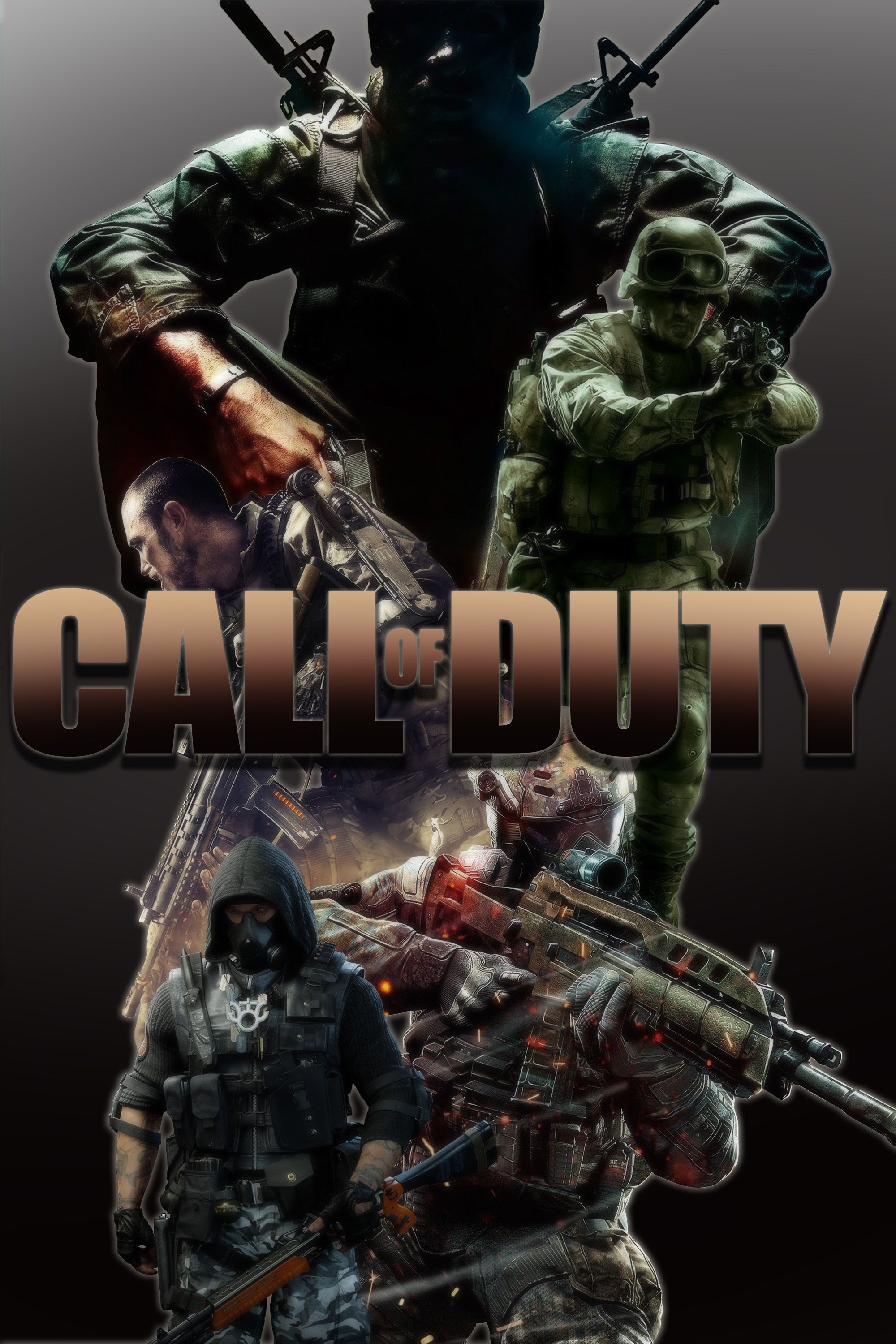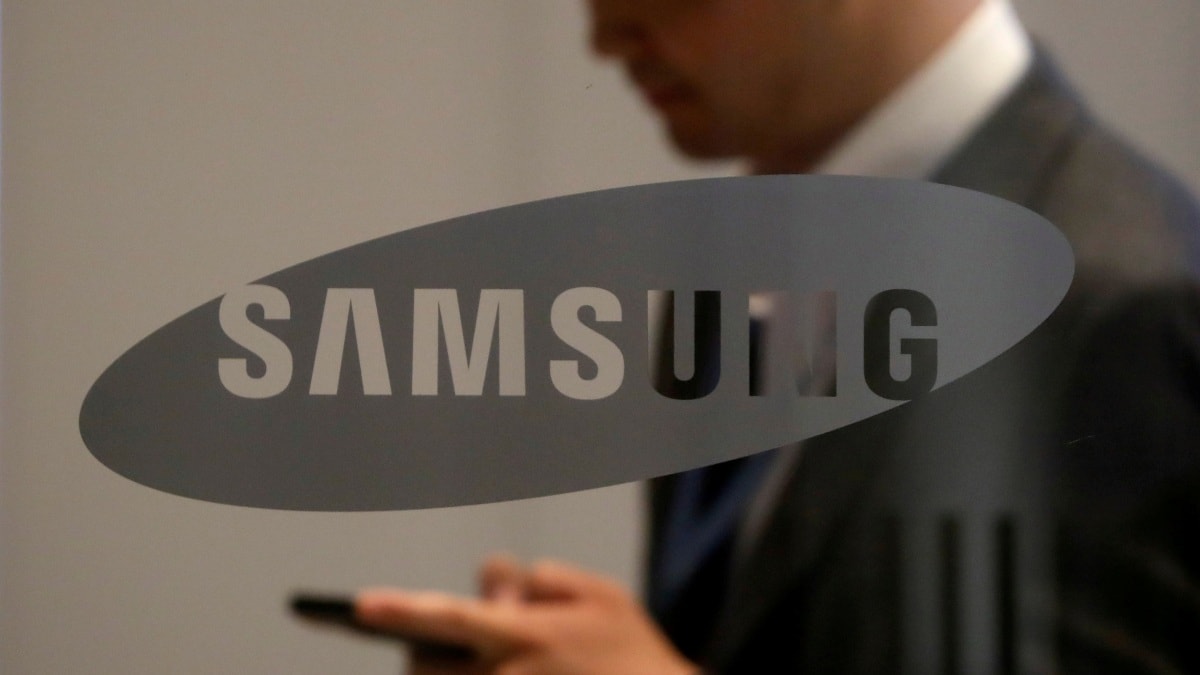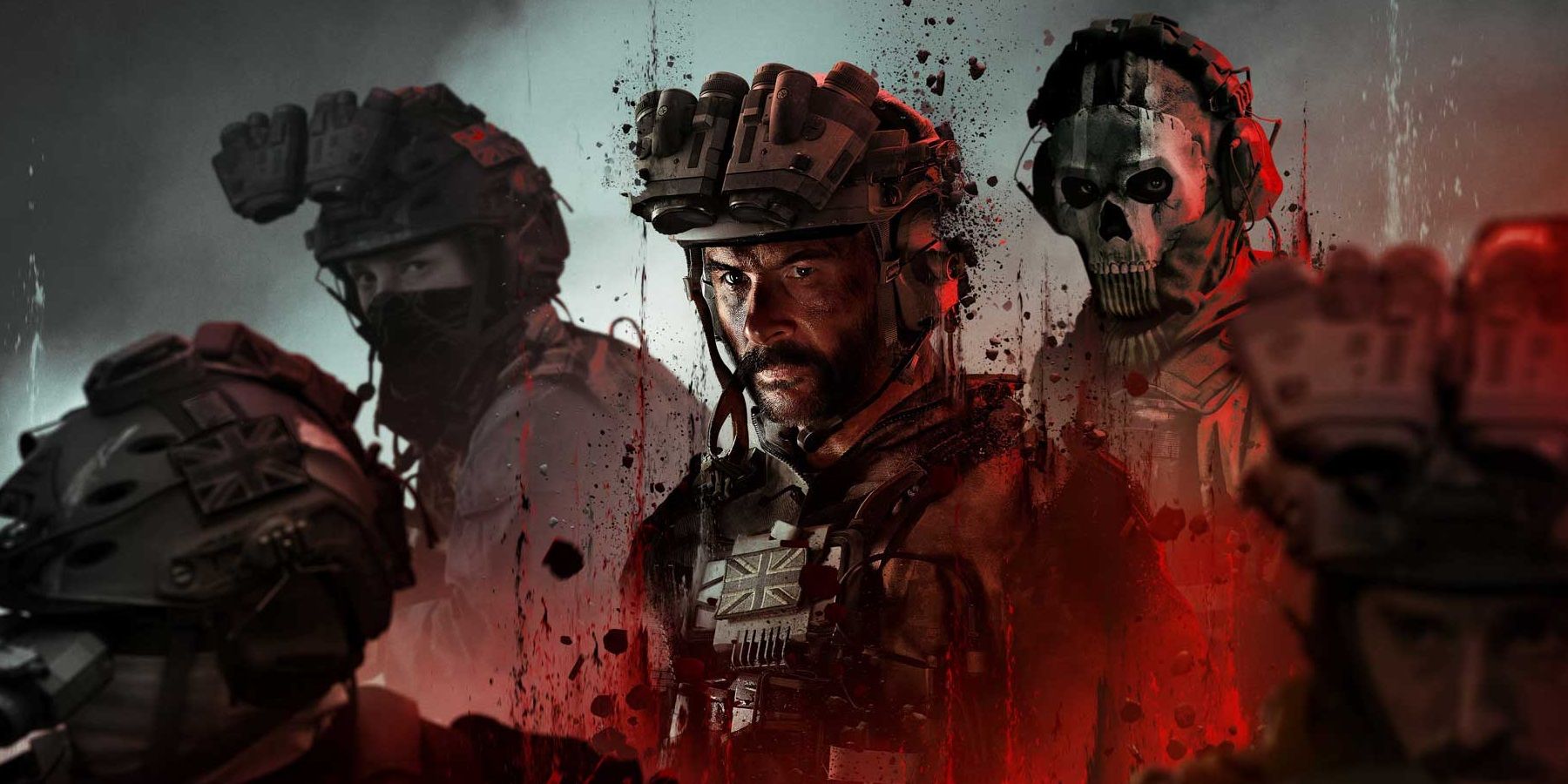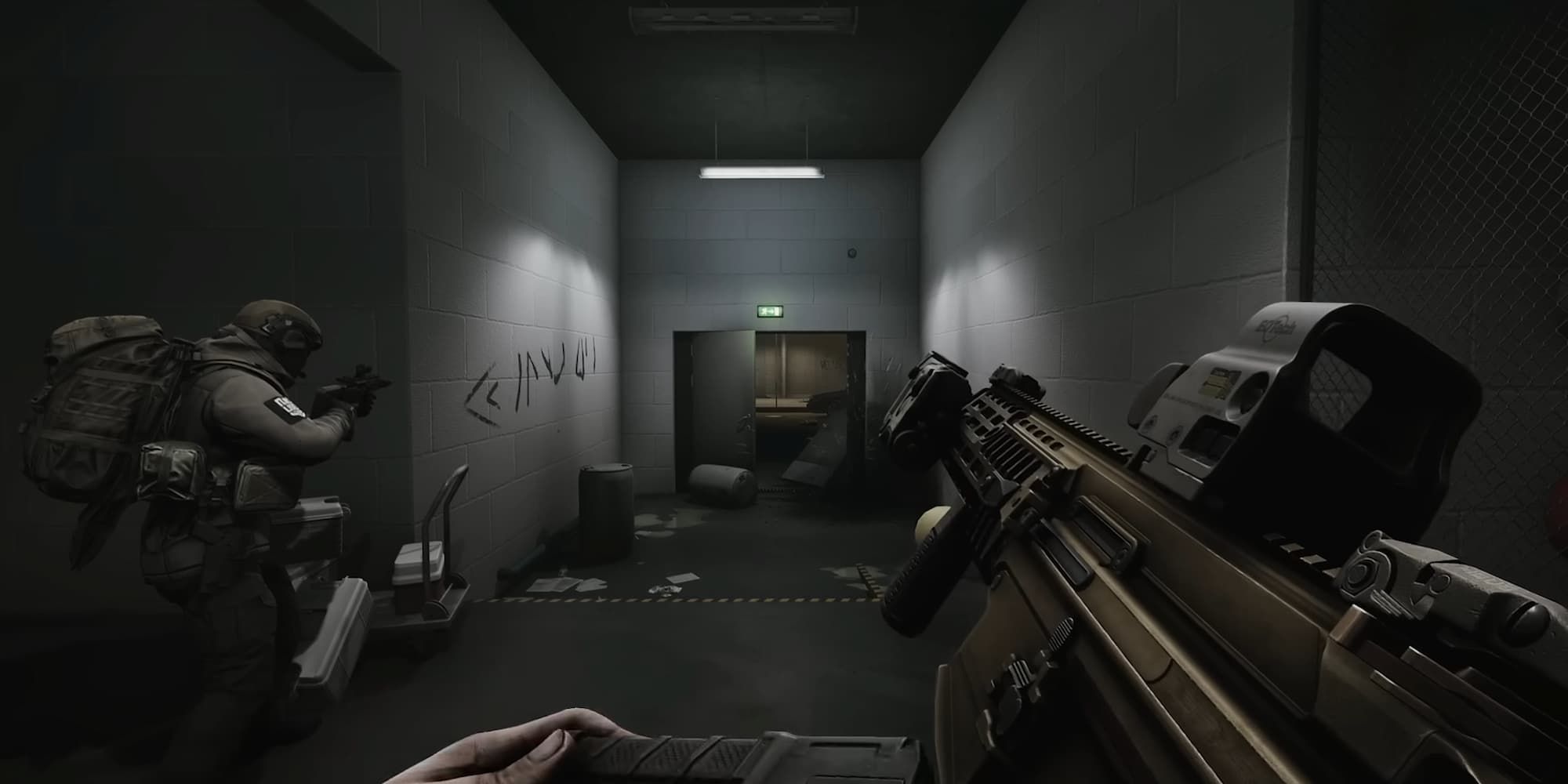Highlights
- Call of Duty has revealed details of its limited matchmaking system designed to address issues with toxic players, cheaters, and exploit abusers.
- Players who engage in cheating, offensive behavior, glitching, or malicious reporting may be restricted to lobbies with other wrongdoers for varying amounts of time.
- Some players are concerned about the vague descriptions of the infractions and how accidental abuse of glitches or false reporting might be handled within the system.
Some Call of Duty players worry that they will be unfairly targeted by the franchise’s “limited matchmaking” system, the details of which were recently unveiled for the first time. This system aims to remove troublesome Call of Duty players from the matchmaking pool without them realizing it.
Call of Duty is no stranger to banning toxic users in an effort to clean up its community. Like many online games, Call of Duty has suffered from unruly gamers who cause problems for others. Whether it’s expressing racist or sexist behavior, downloading cheating software, or abusing other exploits, some fans have found plenty of ways to play the game how it shouldn’t be played. As part of its efforts to curb these issues, Call of Duty recently detailed its limited matchmaking system, which effectively shadowbans some of these players.
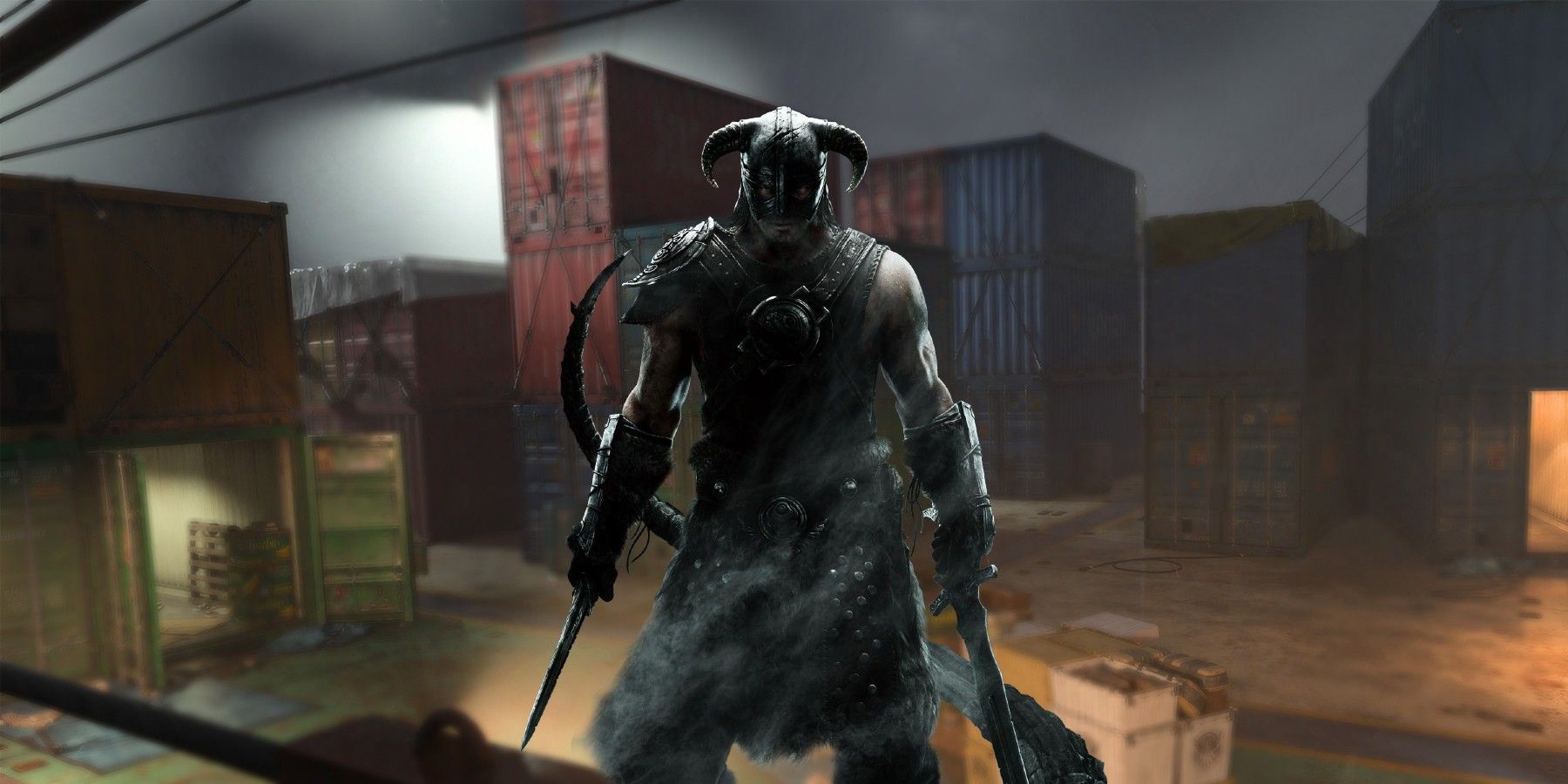
Call of Duty Shipment Gets Skyrim-Style Makeover in Far Cry 5
An imaginative Far Cry 5 player recreates the popular Call of Duty map Shipment in the style of The Elder Scrolls 5: Skyrim.
Activision posted a press release that explains its limited matchmaking system for Call of Duty. Players who engage in cheating, spoofing, offensive behavior, griefing, boosting, malicious reporting, and more may find themselves a subject of limited matchmaking for anywhere from 48 hours to weeks on end. Those who are targeted by this system will only be put into lobbies with other wrongdoers, creating a sort of separate ecosystem for troublesome portions of the Call of Duty community. Although this probably seems like good news to many Call of Duty players, some users are worried about the outline’s sometimes vague descriptions, which seem to allow for some wiggle room.
Call of Duty Limited Matchmaking Infractions
- Extreme or Repeated Violations
- Spoofing
- Circumventing Security
- Use of Unauthorized Software for Cheating/Modding/Hacking
- Pirated Content
- Unsupported Peripheral Devices and Applications
- Boosting
- Glitching
- Griefing
- Offensive Behavior
- Improperly Obtained Downloadable/Unlockable Content
- Decompiling or Reverse Engineering of Game Data
- Malicious Reporting
One of the outline’s infractions is glitching, which is described as abusing an exploit or other game rule, like intentionally going under the map to eliminate enemies from below. These kinds of glitches are pretty common in Call of Duty, and some users are worried that accidentally abusing them, which is possible, could result in them being switched to limited matchmaking. The outline does not specifically explain how this scenario would be handled, but it does claim that all infractions are reviewed before users are punished. It’s not clear what these reviews entail, but a case involving a player accidentally abusing an exploit before they realize what’s happening would probably require the match’s playback to be reviewed.
Another potentially troublesome infraction is the malicious reporting category, which aims to address false reporting in Call of Duty. The outline does not specify how many incorrect reports a user must make before they are potentially targeted by limited matchmaking. Players who genuinely suspect a group of players to be cheating but are incorrect could find themselves the subject of this system. The outline states that players must “knowingly” file false reports, but it’s not clear how Activision makes this conclusion.
However, it’s possible that these categories are intentionally vague in certain ways to further discourage users from taking part in these practices. If users knew exactly how many reports they could make before potentially being targeted, some might abuse that knowledge. Fortunately, Call of Duty users can check whether they’ve been shadowbanned.
